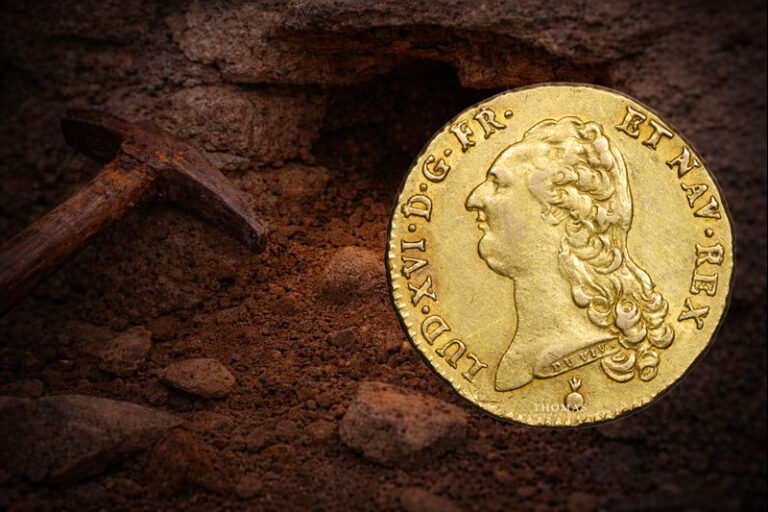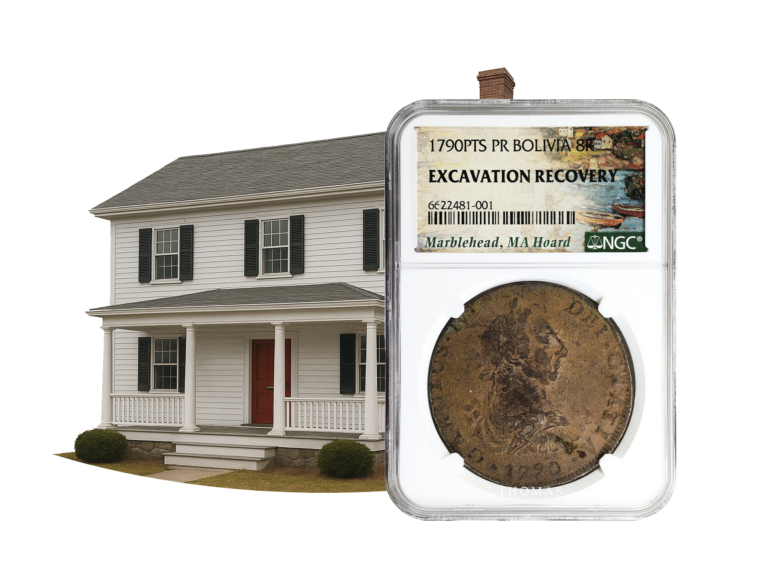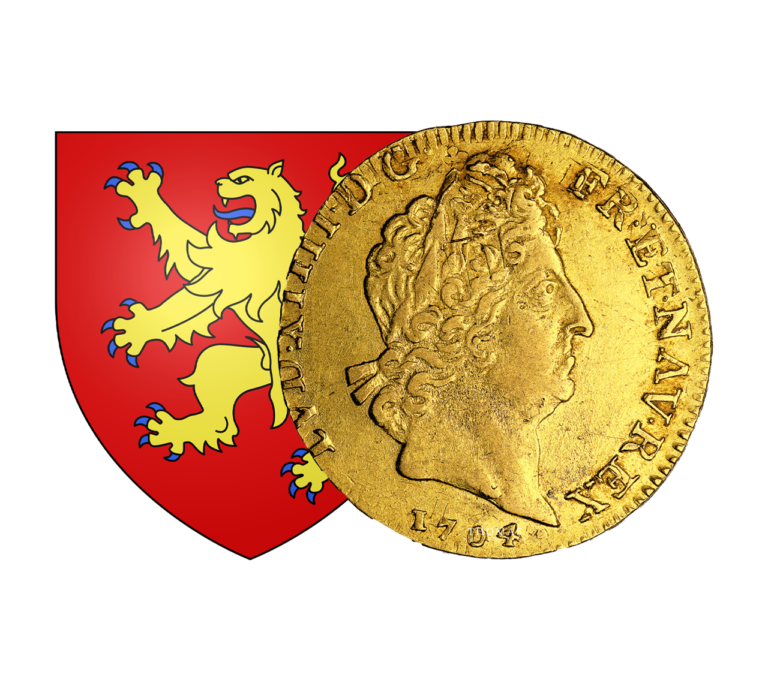
Discover all the news and articles from TNUMIS Magazine exclusively
20 Francs Coq Marianne : an emblematic coin
The last of the Napoleon gold coins, the Marianne Coq 20 francs is the emblem of a powerful 19th-century France, which shone throughout Europe. With its exceptional quality, precious metal and historical value, it has become the coin of choice for investors and numismatists alike.
A Napoleon gold coin
The 20 francs Marianne Coq coin is a continuation of the 20 francs gold coins created on Napoleon I’s initiative in 1803. At the time, the new Germinal franc met the need to reform the monetary system of the Ancien Régime and strengthen economic activity.
The 20 francs Napoléon was minted throughout the 19th century and until 1914. The obverse changed with each regime, first bearing the portrait of Napoleon I, then the profiles of kings Louis XVIII, Charles X, Louis-Philippe and Napoleon III. During the two republics, the image of the sovereigns was replaced by republican symbols.
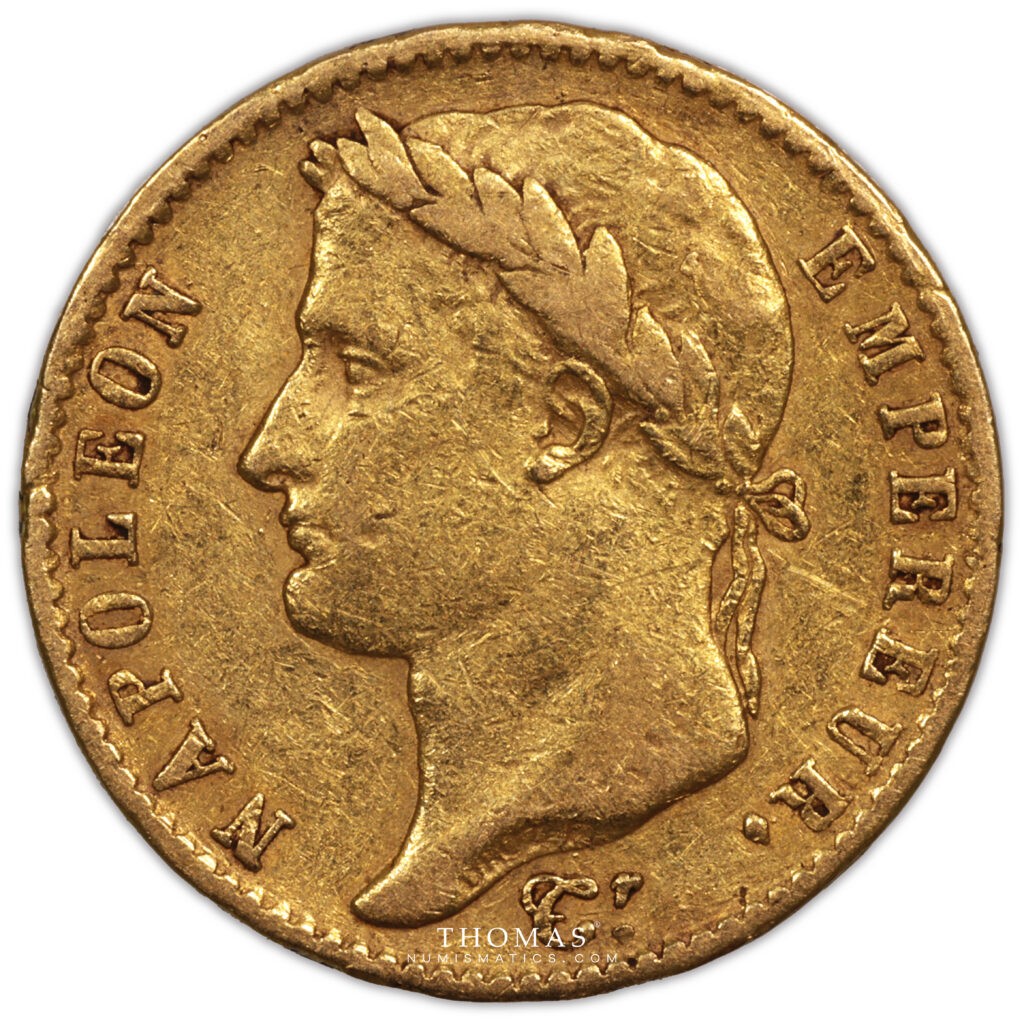
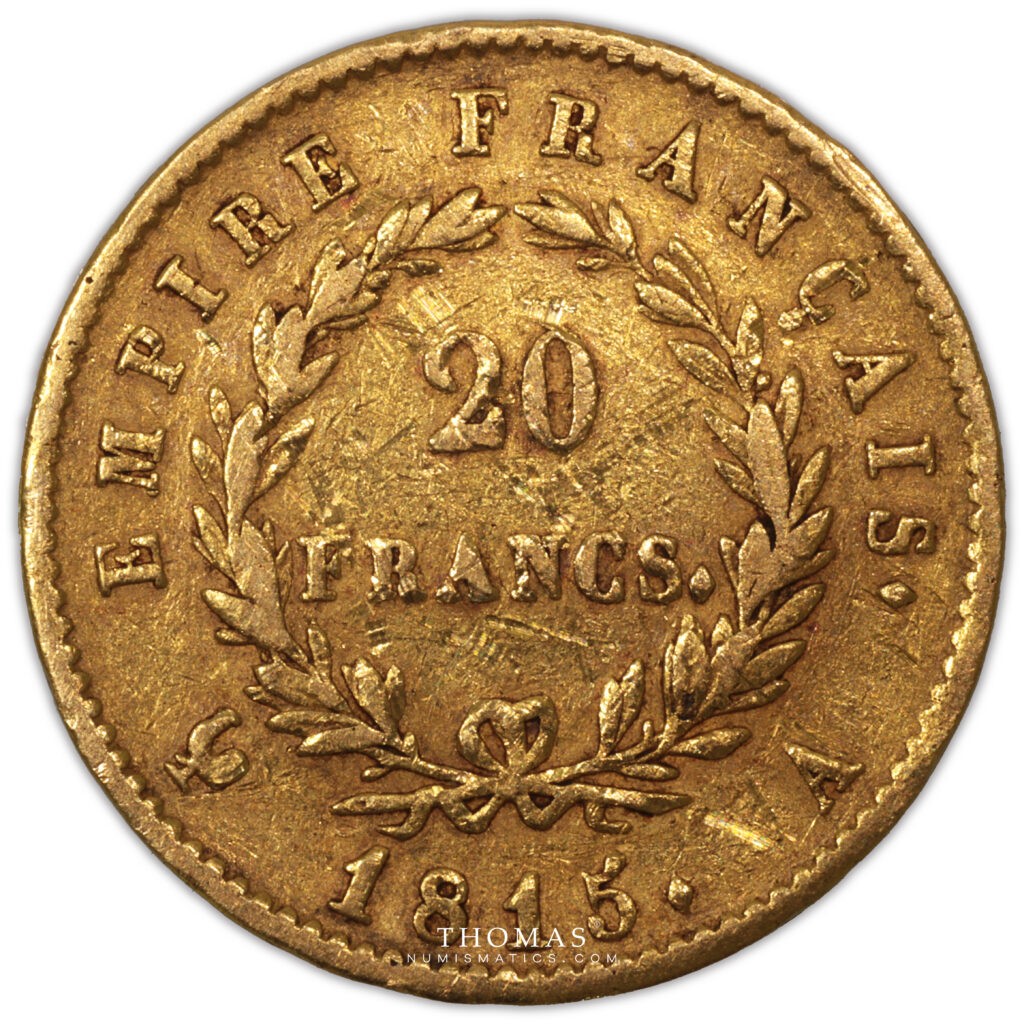
The 20 francs Marianne Coq coin is just such a coin. It was created at the beginning of the Third Republic, at a time when France was seeking to modernize its image. Between 1898 and 1914, an estimated 117.4 million 20 francs Marianne Coq gold coins were minted.
Characteristics of the 20 francs Marianne Coq coin
Sculptor and engraver Jules-Clément Chaplain was appointed to design the new coin in 1898. He was an undisputed master of French medals and coins in the 19th century, admired both during his lifetime and beyond.
The reverse of the coin features a cockerel – another symbol of the French since the Gauls – with a swelling bust, walking to the left. Beneath the rooster is a ground line depicting a field, with a few grasses and flowers. The value and vintage of the coin can also be seen.
The obverse features the right profile of Marianne, long-haired, draped and wearing a Phrygian cap and laurel wreath. She is the symbolic feminine representation of the French Republic, the words of which are inscribed in a circular arc. This portrait of Marianne, by Chaplain, was used on the medal for the 1900 Paris World’s Fair, giving it international recognition.
However, the face of the church changed over time. In 1905, the law separating church and state was passed. This change in legislation led to a change in the motto on the edge of the 20 franc Marianne Coq coin in 1907: “Dieu protège la France” (“God protects France”) was replaced by “Liberté, égalité, fraternité” (“Liberty, equality, fraternity”). In addition, the laurel wreath was replaced by an oak branch, as if to further anchor the power of a strong State.
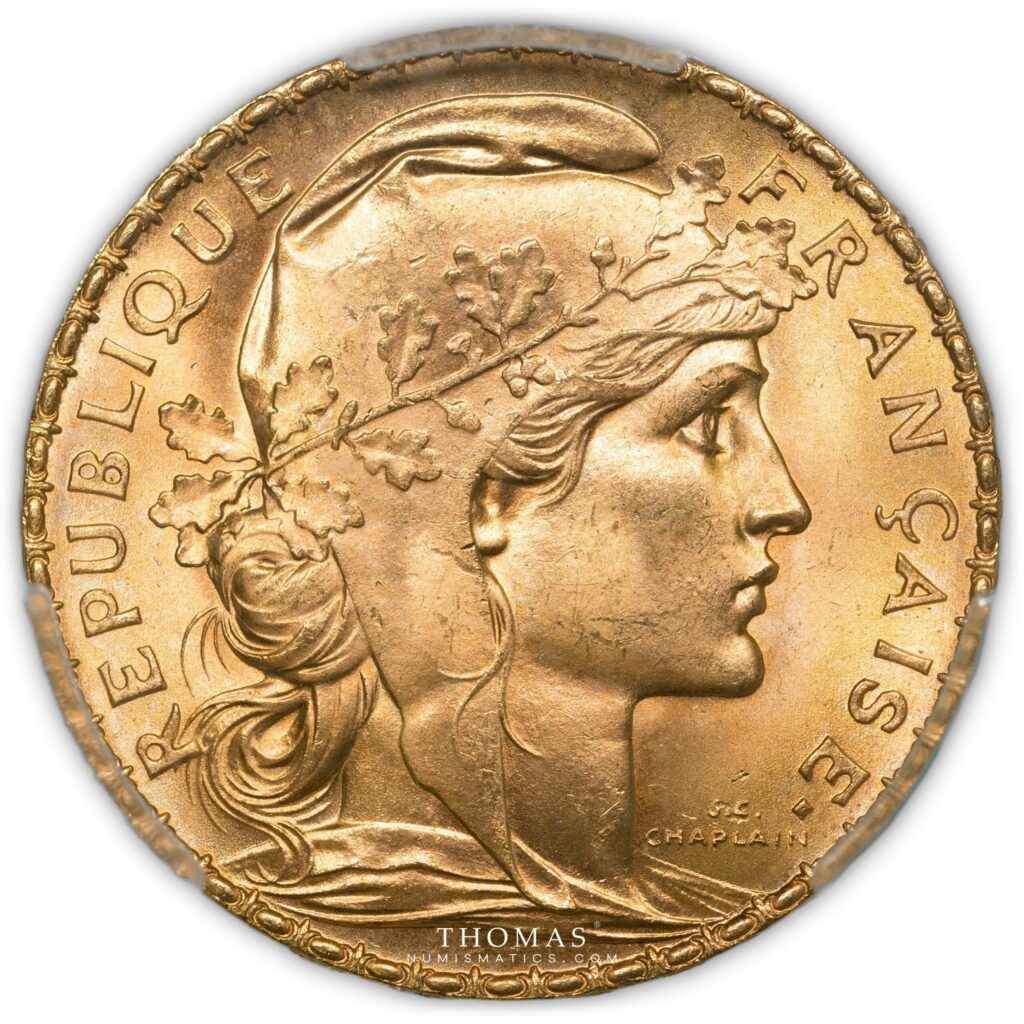
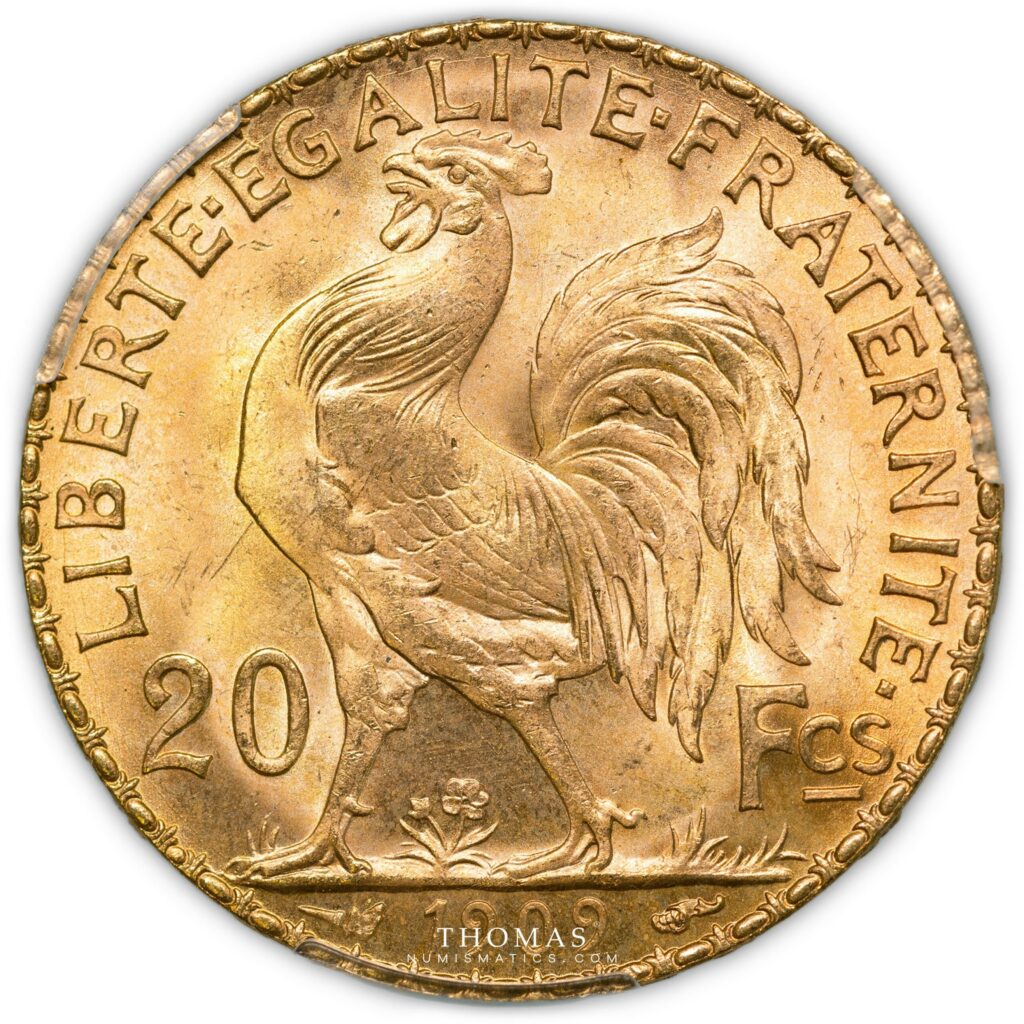
In terms of size and weight, the Marianne Coq 20-franc coin is based on the standard 20 francs coin created by Napoleon I. It weighs 6.45 grams. Weighing 6.45 grams, it is 90% pure gold, i.e. a fine gold weight of 5.81 g., with a diameter of 21 millimeters and a thickness of 1.25 mm.
The “refrappes Pinay”
The Marianne Coq coin is also historically exceptional, as it was minted again between 1951 and 1960, in what is known as the Pinay re-strike.
In 1948, at the end of the Second World War, gold stocks had been melted down or lost, and coins were badly damaged or cropped. The Banque de France decided to reopen the gold market to revitalize the economy. To do so, it re-struck the popular coin that symbolized strong republican power: the Marianne Coq.
The original dies were used, and earlier engraved vintages were reused. Between 1951 and 1960, 37 million 20 francs Marianne Coq gold coins were re-engraved, dating from 1907 to 1914.
How to recognize them? In theory, it’s difficult to tell the difference between Pinay refrappes and originals. However, most of them are in excellent condition, having never been in circulation. As the machines used for minting are not the same, more precise details can be seen on the Pinay refrappes. Finally, a mass spectrometer analysis reveals a slightly different metallic composition between the original 20 francs Coq and the refrappes. On average, the original coins contain 902.63 thousandths of gold, compared with 900.39 thousandths for the refrappes. This results in a slight difference in hue and a slightly more coppery color.
The value of the coin 20 Francs Marianne Coq
The 20 francs Marianne Coq coin is a benchmark for gold investment. Buying it allows you to play on two factors: the intrinsic value of gold, based on its price, and the premium effect.
The fluctuation of its value therefore depends not only on the price of gold, but also on the world economy, international relations, inflation and the law of supply and demand on the part of numismatists and investors.
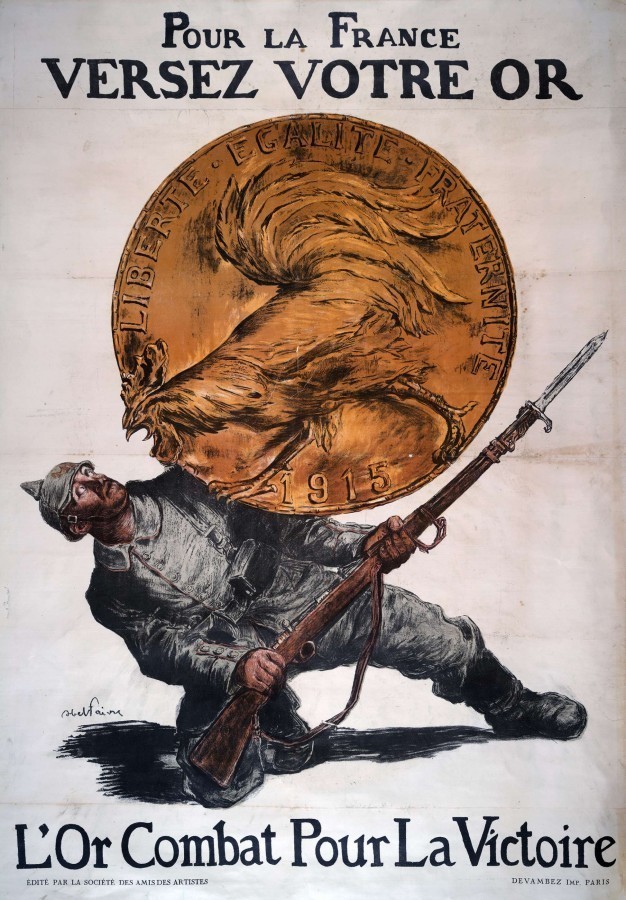
That’s why the value of the 20 francs Marianne Coq has evolved considerably since the 1990s. At just over 60 euros until the end of 2005, it rose to 90 euros in 2006. In subsequent years, it has risen steadily, reaching 280 euros in 2012 and 320 euros in 2020. This represents an increase of 430% since 1990.
The 20 Francs or Marianne Coq is a wise investment. This gold coin is undoubtedly the most widely traded in France, and enjoys an excellent reputation in numismatics.
If you’re interested in buying or selling a 20 francs coq Marianne coin, Thomas Numismatics is here to help and guide you.
Sources :
20 Francs Coq Marianne
Wikipedia
Au coffre
Achat Or et Argent
Sacra Moneta
